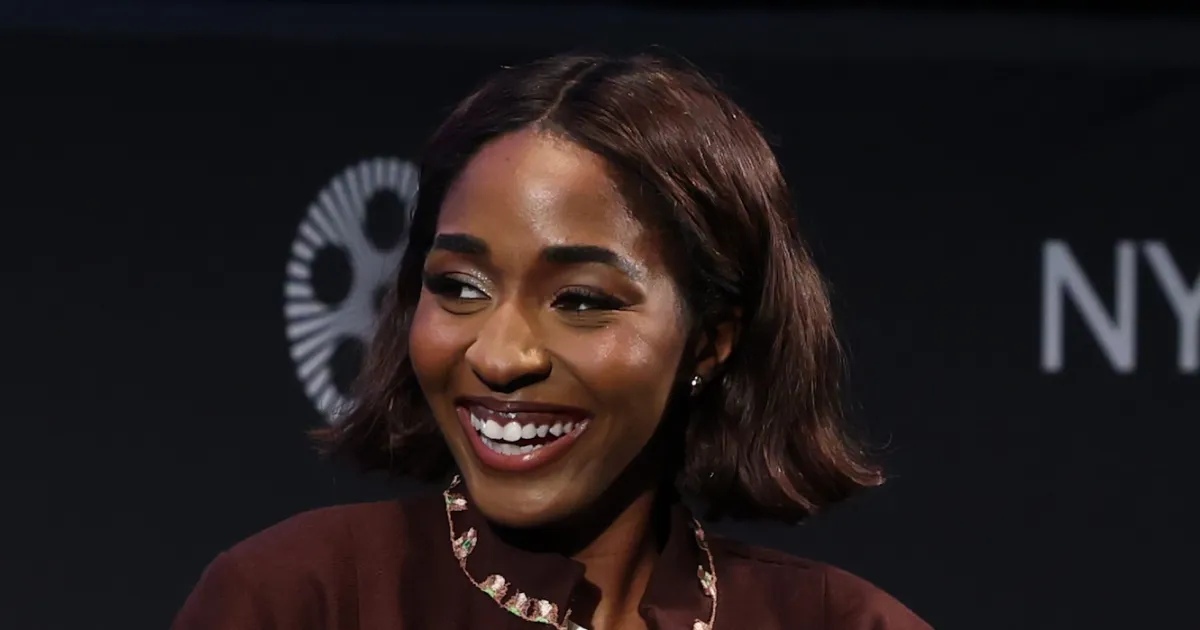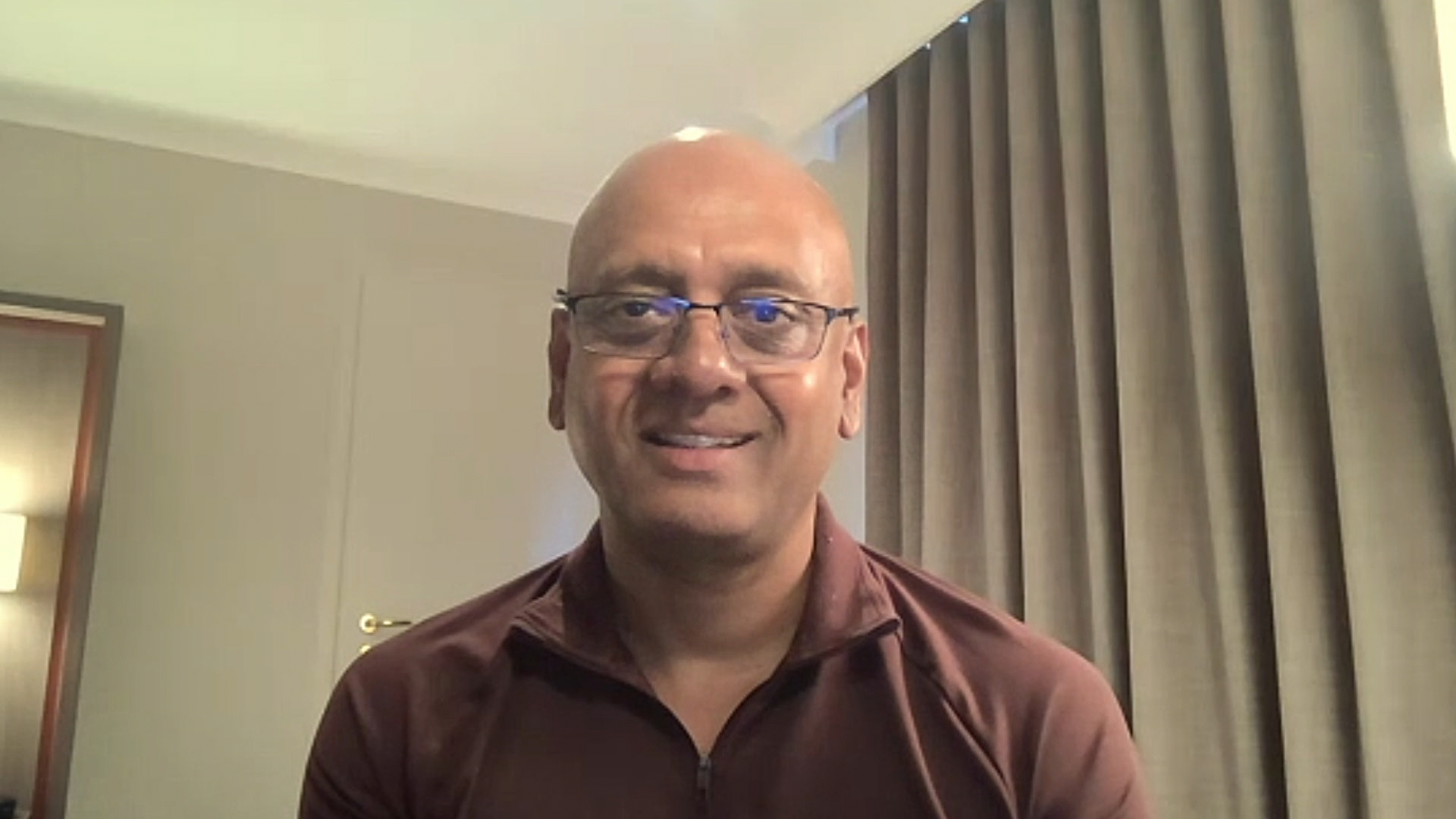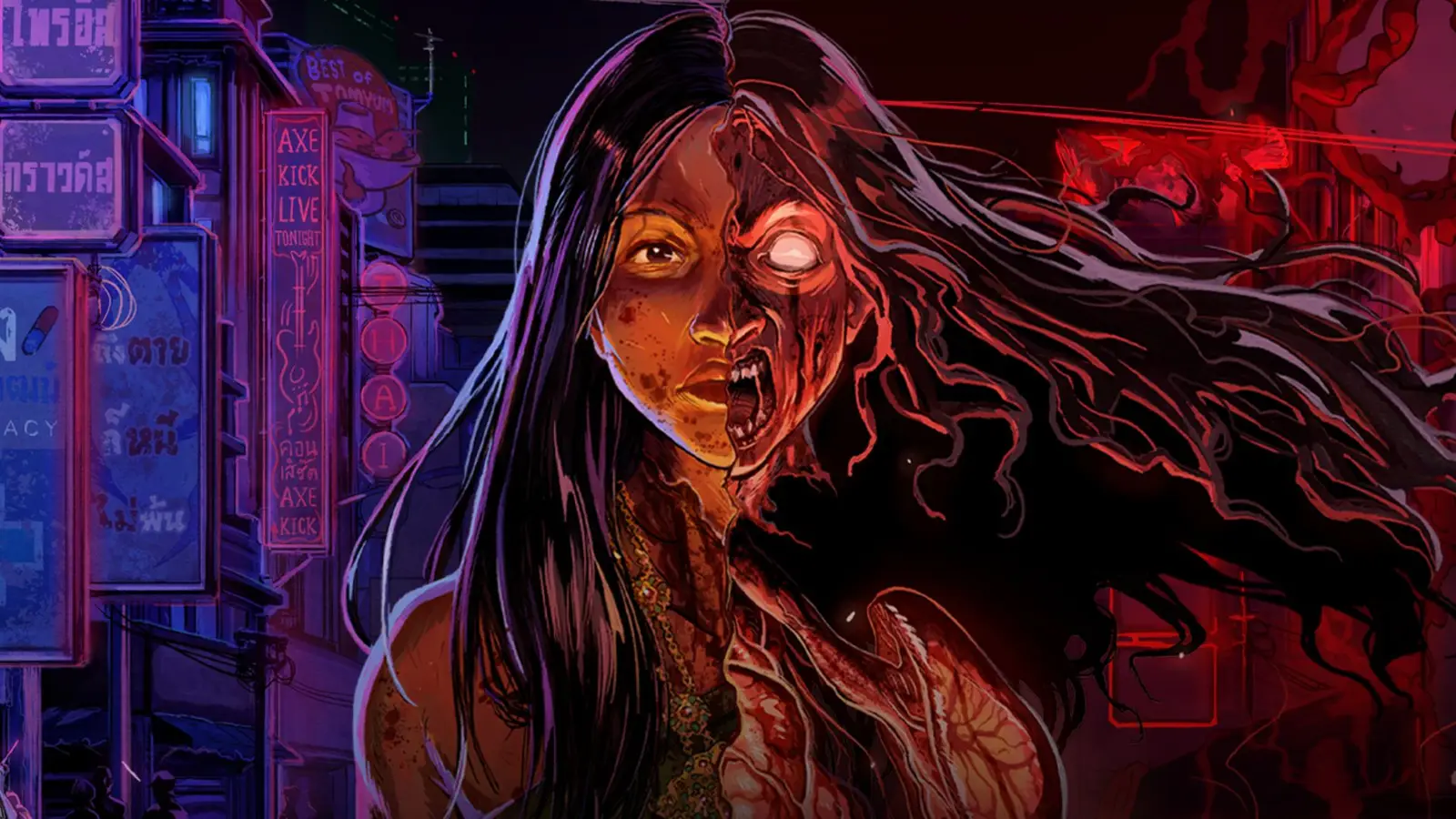
Luca Guadagnino‘s anticipated After the Hunt was the premiere movie at the New York Film Festival Friday, September 26.
Following a screening of the psychological thriller, which stars Julia Roberts, Andrew Garfield and Ayo Edebiri, there was a panel discussion about the controversial movie.
During the Q&A an audience member asked Edebiri, 29, about a recent viral exchange with an Italian journalist who controversially asked her how this movie would be received now that the Black Lives Matter and #MeToo movements were “done” and seemed to purposefully exclude Edebiri from answering. There was backlash on social media to the question and the actress drew praise for her thoughtful response. At the NYFF, a fan asked if Edebiri was aware of the viral nature of the exchange and ensuing discourse.
“I think I’m less online than I used to be,” Edebiri said to applause. “So I didn’t really to be completely honest. And I love to lie! I make money lying! But I didn’t really pay too much attention but I think it was just a very human moment and think in a strange way uncomfortable conversation is one of the many things our film is about. So shout out to tie-ins!”
The film, which has generated plenty of headlines before its October 10 release date, follows a Yale professor (Roberts) who must reexamine her own life and choices when a favorite student (Edebiri) accuses another professor (Garfield) of a crime.
“The genesis of the screenplay really started with the character of Alma, played by Julia Roberts,” Nora Garrett, who wrote the screenplay, explained during the press conference. “I was really interested in her internal struggle, this idea of becoming a very outwardly successful person, becoming someone who was looking for power, chasing power, but had this sort of internal compartmentalization based on a certain amount of shame from childhood or from a place when you had a certain amount of deniability about the person you were and the person you would become. The story kind of grew around that.”
Elsewhere in the panel discussion at NYFF, Garfield talked about the tricky material and how he approached his morally gray role.
“I think when you’re working with material that is exploring the darker parts of our own collective humanity that we tend to want to avoid looking at, we need as much levity and brightness and community and togetherness as possible,” he said of the on-set atmosphere. “…For the character I play, Hank, I think he’s acutely aware of the concept of likability, the concept of being what it means to be likable, and what the culture requires of one to be likable. And I think he enjoys playing with his own relationship to that, [and] how other people relate to him.”



